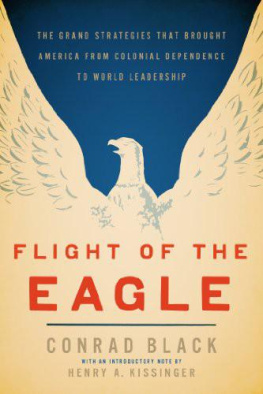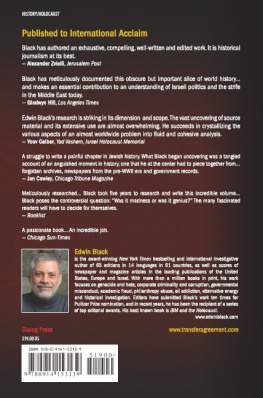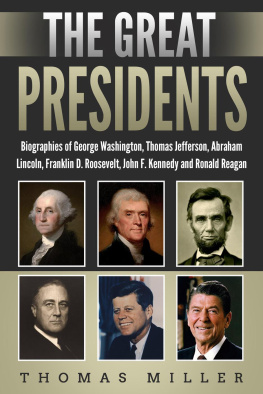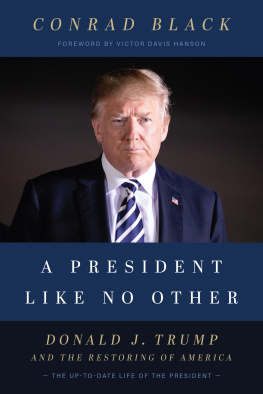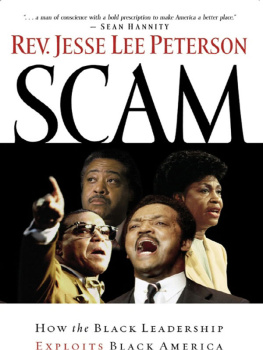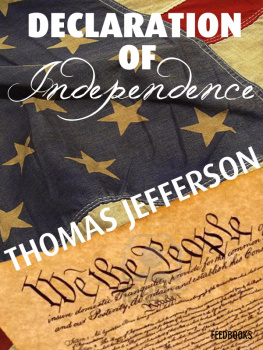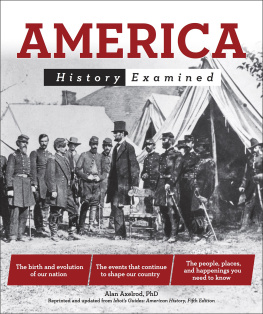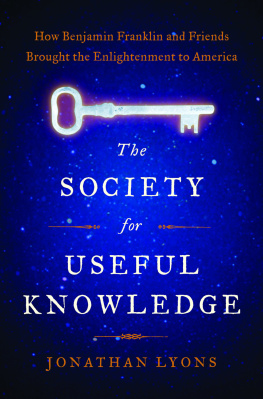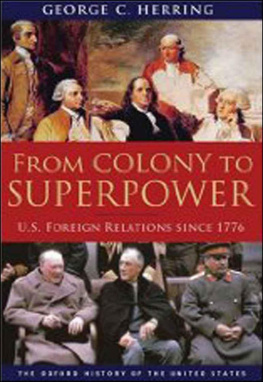Table of Contents
Acclaim for
A MATTER OF PRINCIPLE
[Conrad Blacks] candor on just about every conceivable topic is not only surprising but practically unprecedented.
Vanity Fair
When a great writer is falsely imprisoned for a crime he didnt commit and decides to write a tell-all non-defensive account, the result is likely to be riveting. Conrad Blacks memoir does not disappoint.
Alan M. Dershowitz
Conrad Blacks A Matter of Principle is a fascinating, erudite, and defiant prison memoirmust-read for lawyers, politicos, and gossips alike!
Margaret Atwood, on Twitter
Authoritative and highly readable...
Andrew Roberts, The Daily Beast
[A] gripping memoir of [Blacks] nightmarish trek through Americas justice system and business governance culture.... Black is a writer of great force and panache.
The New Criterion
The former international media barons observations from prison are funny, poignant, touching, sympathetic (except for prison authorities) and beautifully chronicled.
Ottawa Citizen
A remarkable workunlike any of its kind that Ive ever read.... Conrad seems to have total recall of everything, and he lays it out coherently and colourfully.... Precise, blunt, succinct. A fascinating book about the trial.
The Huffington Post
[A Matter of Principle] is a brutally honest memoir of [Blacks] turbulent run-in with American injustice.
Irish Independent
A big book by a big man.... A hard-eyed and detailed indictment of that legal system, from U.S. attorneys to our federal prisons.
The American Spectator
A Matter of Principle is Conrad Blacks most personal and gripping book.
Troy Media
A riveting memoir and a scathing account of a flawed justice system.
IndieBound
A Matter of Principle is a laudable achievement.
Winnipeg Free Press
ALSO BY CONRAD BLACK
Render Unto Caesar: The Life and Legacy of Maurice Duplessis
A Life in Progress
Franklin Delano Roosevelt: Champion of Freedom
Richard M. Nixon: A Life in Full
A Matter of Principle
FOR LOYAL AMERICAN FRIENDS, IN PARTICULAR
Tina Brown and Harold Evans, Shelby Bryan and Anna Wintour, Domenico Buccigrossi, Ann Coulter, Thierry Despont, Julie Nixon Eisenhower, Mica Ertegun, Miguel Estrada, Pepe and Amelia Fanjul, Jack Fowler, Ron Genini, Carolyn Gurland, Roger and Susan Hertog Laura Ingraham, Robert Jennings, Henry and Nancy Kissinger, Roger Kimball, Parker Ladd, Leonard Lauder, Rush Limbaugh, Seth Lipsky and Amity Shlaes, Norman and Sarah Murphy Peggy Noonan, John and Melissa OSullivan, Larry Perotto, Robert Pirie, Norman Podhoretz and Midge Decter, David Pringle, Chris Ruddy, Donald and Melania Trump, Robert Emmett Tyrrell, George Will, Paul Wolfowitz, Paul Wright, Jayne Wrightsman, Ezra Zilkha, and Mort Zuckerman; and the late Bill Buckley and Bill Safire.
INTRODUCTORY NOTE
Henry A. Kissinger
A societys national strategy defines the goals it seeks to achieve and the contingencies it attempts to prevent. It unites a peoples core interests, values, and apprehensions. This effort is not an academic undertaking, nor an element in a particular political platform. If it is to be effective, it must be embedded in the convictions and actions of a society over a period of time.
For the United States, the development of such a strategy has been a complex journey. No country has played such a decisive role in shaping international order, nor professed such deep ambivalence about its participation in it.
The United States was founded in large part as a conscious turning away from European concepts of international order. The founders declared independence during the heyday of the Westphalian international system, brought about at the end of the Thirty Years War. The premises of this system were the sovereign control of states over their territories, domestic structure as the prerogative of the governmenthence a doctrine of non-interference in other states affairsand an equilibrium between the great powers (expressing itself in the concept of a balance of power).
The Founding Fathers skillfully used this system to establish American independence and security. Yet they stood intentionally aloof from it, declining to send fully empowered embassies to European courts. The European balance of power was useful to the new country, but not to the point of participating in its practical conduct. Rather, the United States relied on Britain to play the role of balancer and used the resultant equilibrium to ban a European role in the Western Hemisphere via the Monroe Doctrine.
When the United States reentered European affairs during the World War I, President Woodrow Wilson announced Americas war aims as a rejection of Westphalian principles. He denounced the balance of power and the practice of traditional diplomatic methods (decried as secret diplomacy) as a major contributing cause of war. In their place he proclaimed the objective of self-determination as the organizing principle of the coming peace. As a result, the Treaty of Versailles, which ended the war, abandoned many of the established principles of the balance of power and of non-interference in domestic affairs. With the map of Europe redrawn, the United States thereupon withdrew from day-to-day global diplomacy.
When the United States assumed a global role in World War II, it did so in pursuit of historic objectivespreventing Europe or Asia from falling under the domination of a single power, particularly a hostile one. When this heroic undertaking succeeded, many Americans, including some in government, expected to be able to withdraw from the conduct of global policy.
Yet America was now the dominant country in the world. Concern with the balance of power shifted from internal European arrangements to the containment of Soviet expansionism globally, turning the international order operationally into a two-power world. The United States had emerged as the essential guarantor of allied security and international stability. Particularly in the North Atlantic region, America concentrated on mobilizing resources for an agreed mission. Washington saw its role as the director of the common enterprise of countering a specific challenge to peace, rather than as a participant in an equilibrium.
After the collapse of the Soviet Union, the international system gradually grew more multipolar. China emerged as a global economic power with an increasing military capacity. Traditional power centers ended periods of isolation, colonial rule, or underdevelopment and began to play influential international roles. Something like a global version of Westphalian diplomacy began to emergean equilibrium balancing the sometimes-compatible, sometimes-competitive aims of multiple sovereign units.
Through all these transformations, the United States has been torn between its faith in its exceptional nature and global mission, and the pressures of a public opinion skeptical of open-ended commitments in distant regions. The ideal of universal democracy-promotion, if adopted as an operational strategy, implies a doctrine of permanent domestic engineering across the world. Yet the prevailing American view has regarded foreign policy as a series of episodes with definitive conclusions; it recoiled from the ambiguities of a historical process in which goals are achieved incrementally, through imperfect stages.
As America evolved from a peripheral exception to international order to an essential component of it, it has been obliged to meld its noble ideals with a concept of the national interest sustainable across decades, administrations, and historical vicissitudes. Americas moral convictions are essential to its national purpose and to popular support for its policies. An understanding of equilibrium, and a distinction between essential tasks and long-term aspirations, is necessary to sustain American efforts in a world of disparate cultures and multiple centers of power. Americas ability to balance and synthesize these elements will define its future, and importantly shape twenty-first century prospects for world order.

